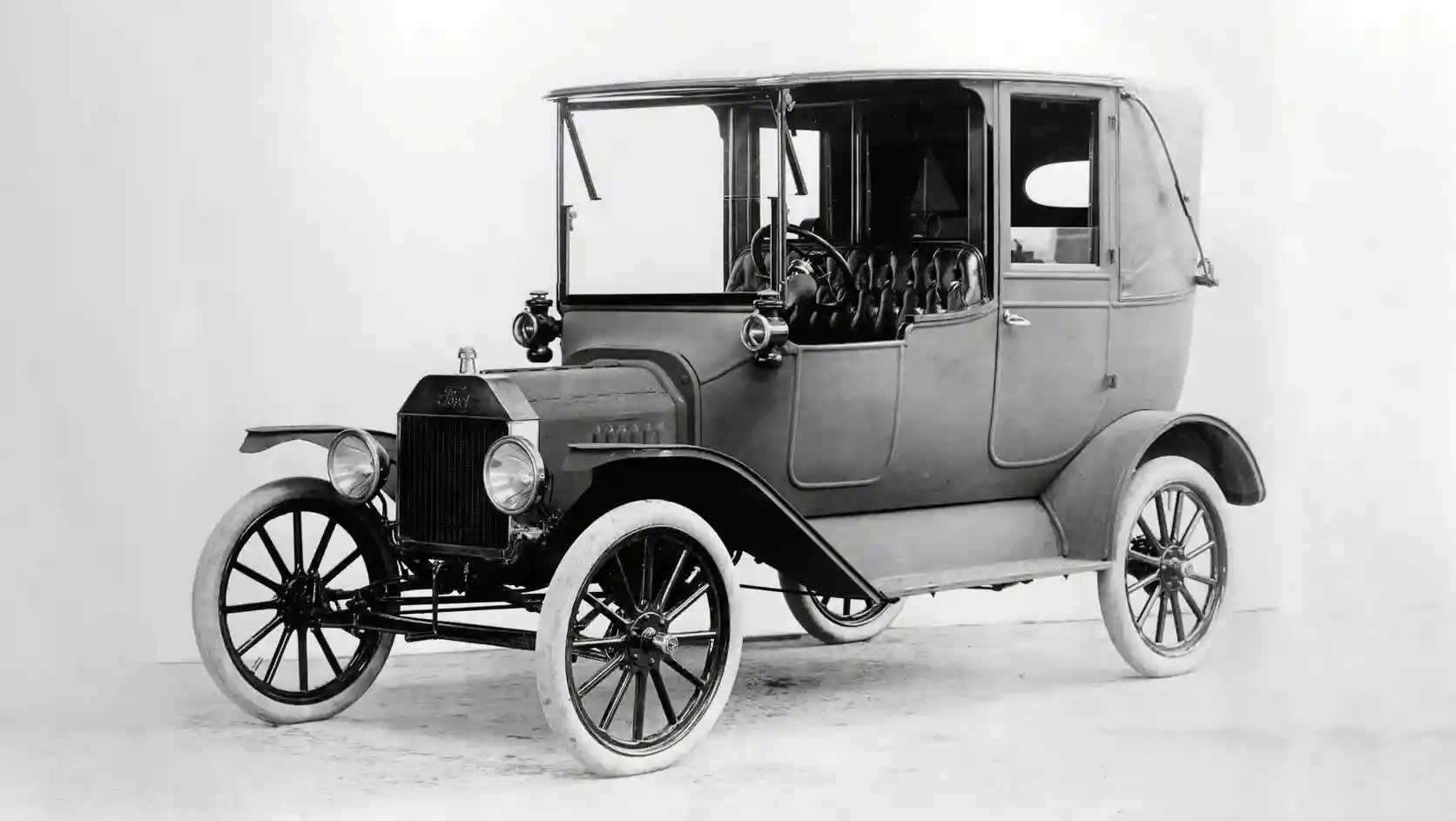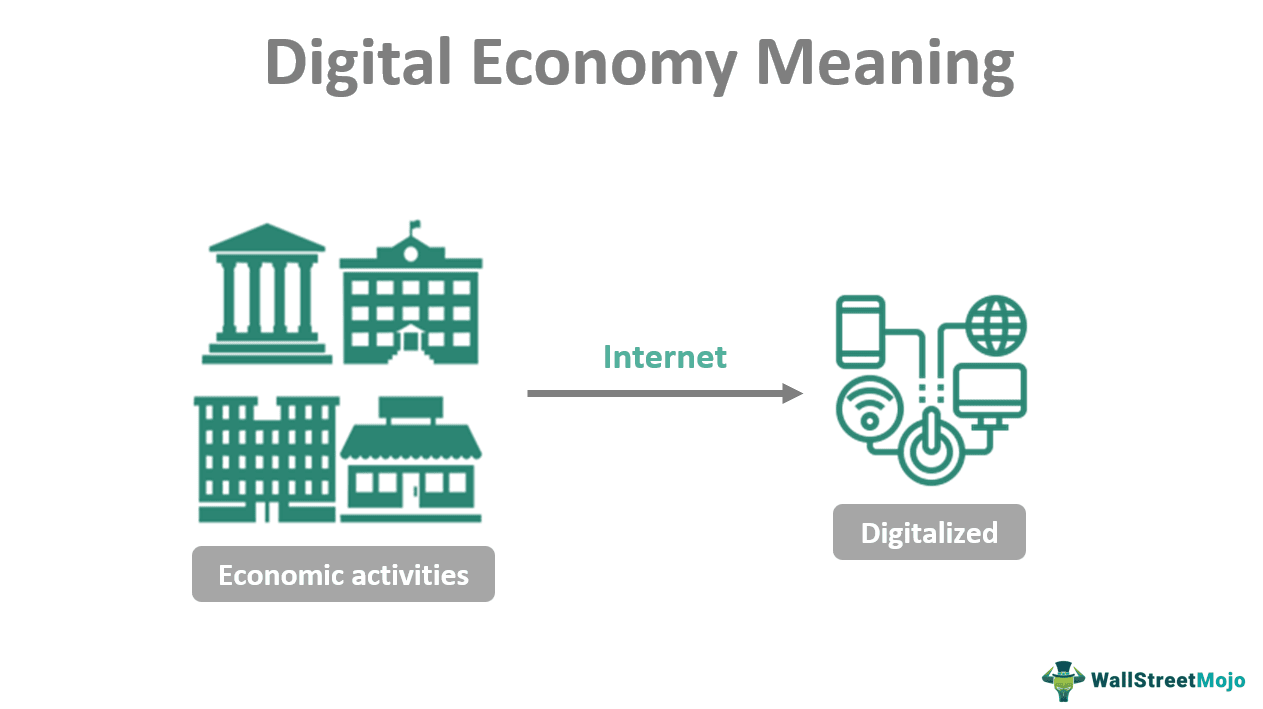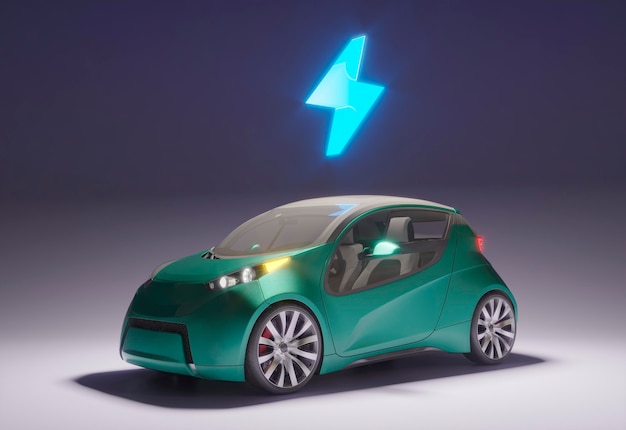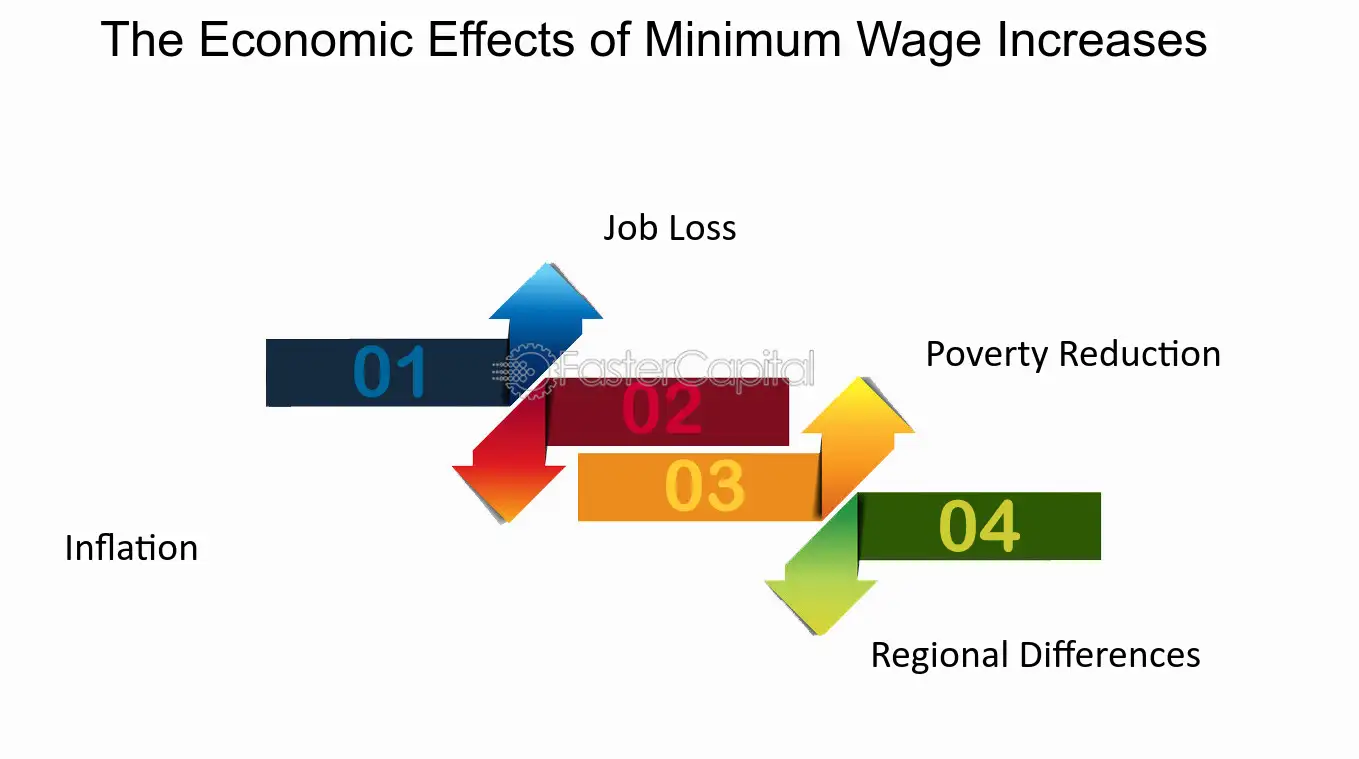Who Invented the First Car?
Mia Wilson

Photo: Who Invented the First Car?
Who Invented the First Car? Unraveling the Origins of Modern Transportation
Introduction
The automobile stands as a cornerstone of modern civilization, revolutionizing the way we live, work, and travel. Yet, the question of who invented the first car remains a topic of debate among historians and enthusiasts alike. While multiple inventors contributed to the development of the automobile, pinpointing a single individual requires a closer examination of historical milestones and technological advancements. This article delves into the origins of the first car, exploring the key figures and innovations that paved the way for today's automotive industry.
The Early Visionaries: Pioneers of Automobile Development
Nicolas-Joseph Cugnot: The Trailblazer of Steam-Powered Vehicles
One of the earliest known attempts to create a self-propelled vehicle dates back to the late 18th century. Nicolas-Joseph Cugnot, a French inventor, is often credited with building the first full-scale, self-propelled mechanical vehicle in 1769. Powered by a steam engine, Cugnot's invention was primarily designed to move artillery for the French army. Although rudimentary and limited in practicality, this steam-powered tractor marked a significant step toward the development of motorized transportation.
Cugnot's vehicle faced numerous challenges, including heavy weight and inefficient fuel consumption. Despite these limitations, his work laid the groundwork for future innovations in automotive engineering. Cugnot's contribution highlights the importance of early experimentation in shaping the trajectory of car development.
Karl Benz: The Father of the Modern Automobile
While Cugnot's steam-powered vehicle was groundbreaking, it was Karl Benz who is widely recognized as the inventor of the first true automobile. In 1885, Benz unveiled the Benz Patent-Motorwagen, a three-wheeled vehicle powered by an internal combustion engine. This invention was more practical and reliable compared to earlier models, featuring innovations such as a lightweight engine, improved steering mechanisms, and a chassis designed for mobility.
Benz's Motorwagen was not just a prototype it was a functional vehicle that could be driven on roads. The success of this invention earned Benz the title of the "Father of the Automobile," and his company, Benz & Cie., became a precursor to today's Mercedes-Benz. Karl Benz's contributions were pivotal in transforming the automobile from a conceptual idea into a viable mode of transportation.
Beyond the First Inventors: Collaborative Efforts and Technological Advancements
Gottlieb Daimler and Wilhelm Maybach: Enhancing Engine Performance
Simultaneously with Benz's developments, Gottlieb Daimler and his colleague Wilhelm Maybach were making significant strides in automotive engineering in Germany. In 1886, they introduced a four-wheeled vehicle powered by a high-speed gasoline engine, which was more efficient and powerful than previous models. Daimler and Maybach's innovations included the introduction of the first tubular steel frame and the application of a universal joint, enhancing the vehicle's performance and durability.
Their collaborative efforts contributed to the refinement of internal combustion engines, making automobiles more accessible and reliable. The synergy between Benz and Daimler's advancements fostered healthy competition, driving the automotive industry forward.
Émile Roger and the Spread of Automobiles in Europe
In France, Émile Roger played a crucial role in popularizing the automobile. As an early distributor of Benz's vehicles, Roger facilitated the spread of automobiles across Europe, demonstrating their potential and encouraging further adoption. His efforts helped bridge the gap between invention and widespread use, showcasing the practical applications of motorized transportation.
Roger's work underscores the importance of distribution and marketing in the success of technological innovations. Without advocates like him, groundbreaking inventions might remain confined to laboratories and workshops.
Analyzing the Debate: Who Truly Invented the First Car?
Defining the Automobile: Criteria for Invention
Determining who invented the first car depends largely on how one defines an "automobile." If the criterion is a self-propelled vehicle designed for personal transportation, Karl Benz's Patent-Motorwagen stands out as the first true car. However, if the definition includes earlier self-propelled vehicles regardless of purpose or practicality, Nicolas-Joseph Cugnot's steam tractor merits recognition.
Furthermore, the inclusion of technological sophistication, such as the type of engine and the vehicle's usability, influences the assessment. Benz's automobile incorporated essential features like an internal combustion engine, a steering system, and a chassis optimized for mobility, aligning closely with modern automotive standards.
The Role of Incremental Innovations
The invention of the car was not the result of a single individual's efforts but rather a series of incremental innovations by various inventors. Each contributed unique elements that collectively shaped the automobile's evolution. From steam engines to internal combustion engines, and from three-wheeled prototypes to four-wheeled designs, the journey to the modern car was collaborative and progressive.
This perspective emphasizes that technological breakthroughs often emerge from cumulative advancements rather than isolated inventions. Recognizing the collective contributions provides a more comprehensive understanding of the automobile's origins.
The Impact of the First Car on Society and Industry
Transforming Transportation and Mobility
The advent of the automobile revolutionized transportation, offering unprecedented freedom and flexibility. It enabled people to travel longer distances with greater ease, fostering economic growth and connecting communities. The ability to commute efficiently facilitated urbanization and the expansion of industries, reshaping societal structures.
Catalyzing Industrial Growth and Innovation
The creation of the first car spurred the growth of the automotive industry, leading to the establishment of manufacturing processes, supply chains, and a workforce specialized in automotive engineering. Innovations in related fields, such as road construction, fuel production, and safety regulations, emerged as the industry expanded. The ripple effects of the automobile's invention are evident in various sectors, highlighting its profound influence on modern economies.
Conclusion
The question of who invented the first car does not have a straightforward answer. While Nicolas-Joseph Cugnot's early steam-powered vehicle marked the inception of self-propelled transportation, Karl Benz's Patent-Motorwagen is widely acknowledged as the first true automobile due to its practical design and internal combustion engine. Additionally, the collaborative efforts of inventors like Gottlieb Daimler and Wilhelm Maybach played a crucial role in refining automotive technology.
Understanding the invention of the car requires acknowledging the collective contributions that transformed an initial concept into a vital component of contemporary life. The automobile's evolution exemplifies how innovation often arises from the cumulative efforts of multiple visionaries, each building upon previous advancements to create something truly transformative.
As we reflect on the origins of the first car, it becomes clear that the automobile's impact extends beyond its invention, shaping societal progress and industrial development in profound ways. The legacy of these early pioneers continues to influence the automotive industry today, driving ongoing advancements and the pursuit of sustainable transportation solutions.
For You
View AllExplore the definition of the digital economy and its influence on global business. Click for a clear breakdown!
Mia Wilson
Need extra cash? Discover the best cash-out refinance options and unlock your home’s equity for major financial gains!
Mia Wilson
Discover the latest breakthroughs in electric vehicle technology and why they are shaping the future of transportation. Explore now!
Mia Wilson
Discover how changes in the minimum wage affect the economy, businesses, and workers. Click to explore the pros and cons!
Mia Wilson
Discover the best ways to showcase your education on a resume for maximum impact. Land your dream job now!
Mia Wilson
Learn how to create the perfect travel itinerary. Get tips and templates to plan your trip efficiently and enjoy every moment!
Mia Wilson
Education
View All
April 27, 2025
How to Become a Special Education Teacher
Explore the steps to becoming a special education teacher and making a difference in students’ lives. Start today!

April 14, 2025
What Is Post-Secondary Education?
Understand post-secondary education, its types, and how it shapes careers. Start exploring your opportunities today!

April 17, 2025
What Is Secondary Education? Explained!
Learn about secondary education, its structure, and its role in shaping academic and career paths. Get insights today!





